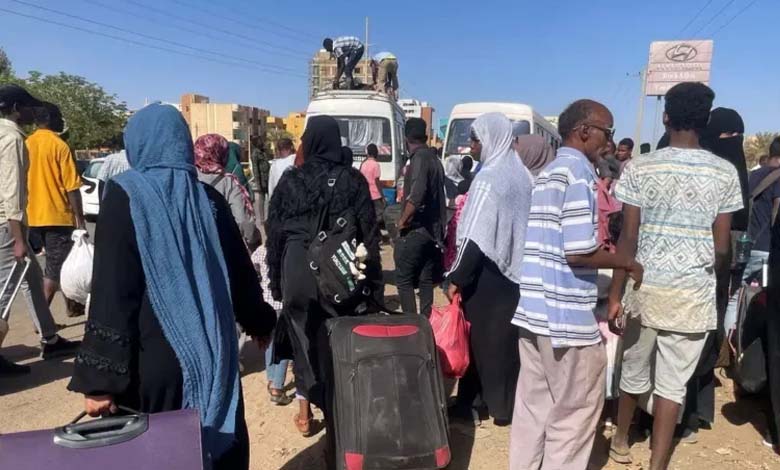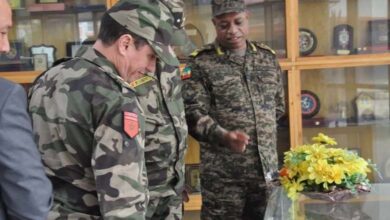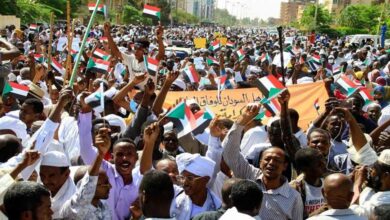One Year of Sudanese War: Displacement, Fighting, Diseases, and Deepening Humanitarian Crisis

Sudan is grappling with a worsening humanitarian crisis affecting all aspects of life, with international bodies warning of its ramifications on exacerbating the humanitarian catastrophe. Battles have resulted in thousands of deaths and millions displaced, according to the United Nations, plunging Sudan into “one of the world’s worst food situations.”
Deepening Humanitarian Crisis
The health and humanitarian crisis in Sudan’s territories is escalating by the day due to armed conflict and clashes between the Sudanese army and the Rapid Support Forces, which commenced last April. Relief organizations have suspended their operations in the White Nile State after the Rapid Support Forces looted their warehouses. Meanwhile, the World Health Organization has called for urgent measures to address the escalating health and humanitarian crises in the country, according to a report by the news network Roaya.
Food Crisis
Over 2.9 million children suffer from malnutrition, with an additional 729,000 children under the age of five facing acute malnutrition, the most severe form of hunger. The World Food Programme warned that the war in Sudan “could lead to the world’s largest hunger crisis” in a country already experiencing the largest displacement crisis internationally.
Escalation of Fighting
Mohammed Attiyeb, a Sudanese writer and analyst, stated: “The intensity of fighting in Sudan between the Sudanese army and the Rapid Support Forces has escalated since mid-April 2023, expanding to major cities and neighborhoods within Sudan like the Darfur region and the White Nile State, and extending to historical cities. The humanitarian situation worsens despite international efforts.”
He added: “Sudan faces escalating and complex crises resulting in loss of lives, with high rates of mass displacement, famine, and cholera, all on the rise at an alarming pace. Between 70 and 80% of hospitals in conflict-affected areas are no longer operational, and this crisis requires more attention and funding.”












